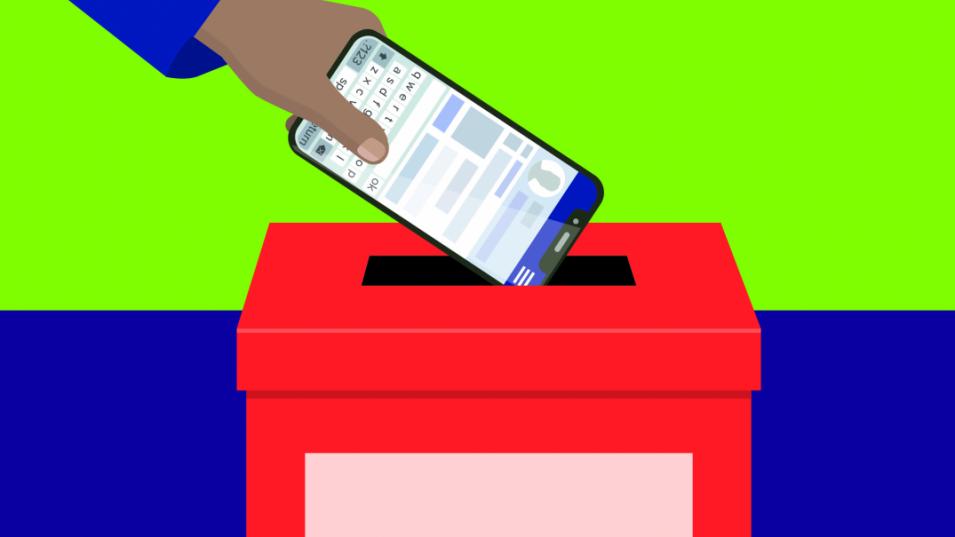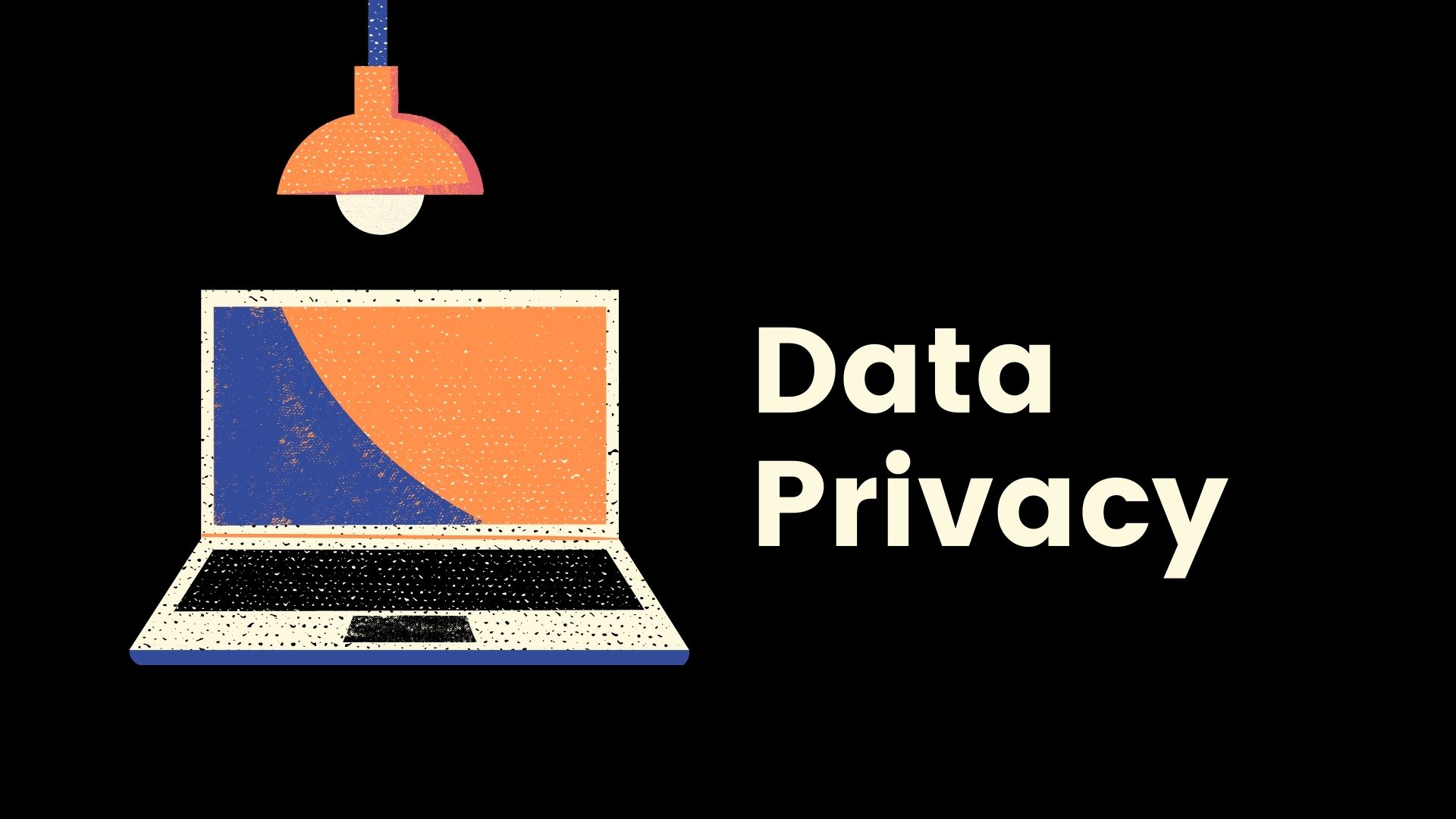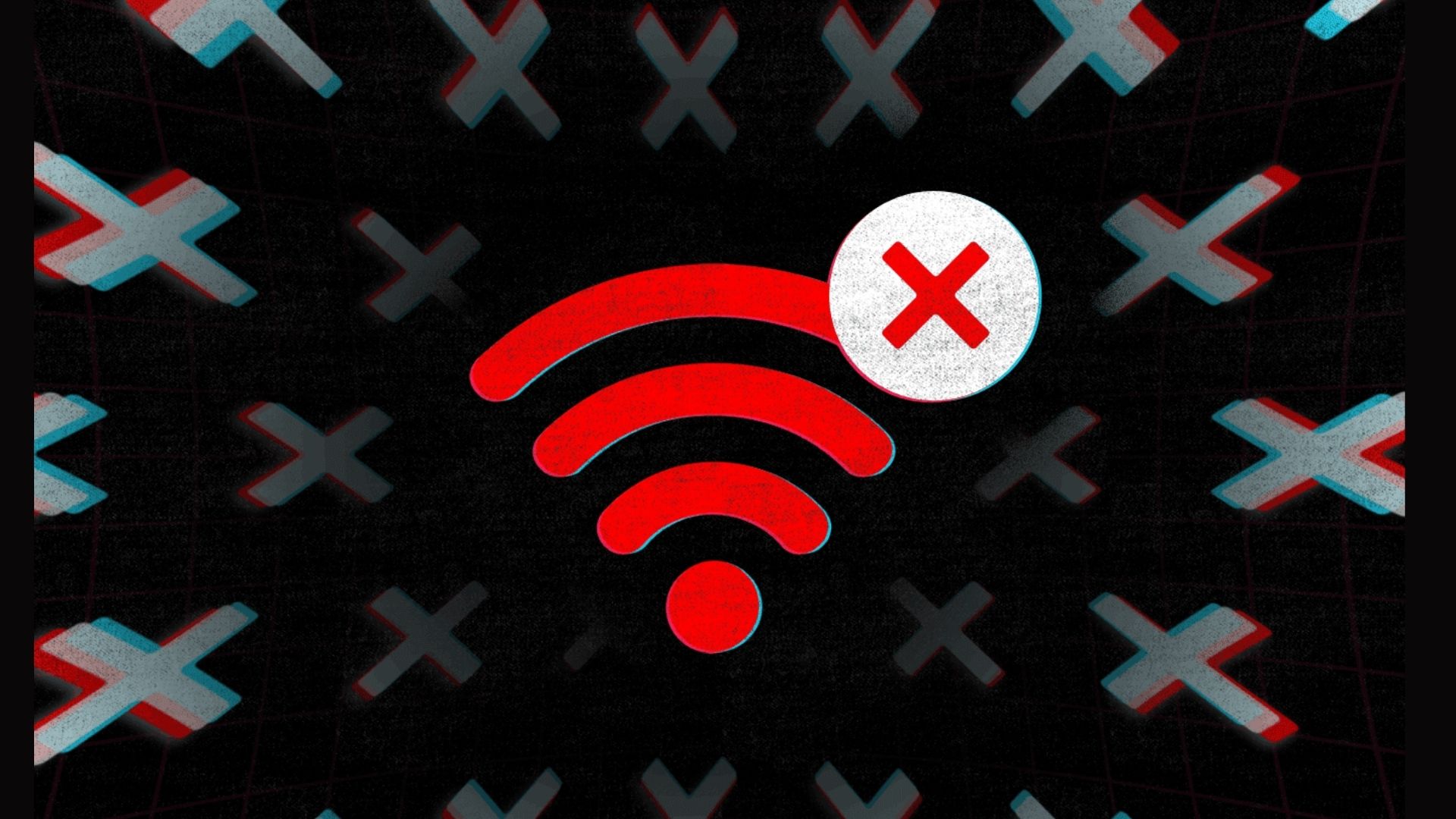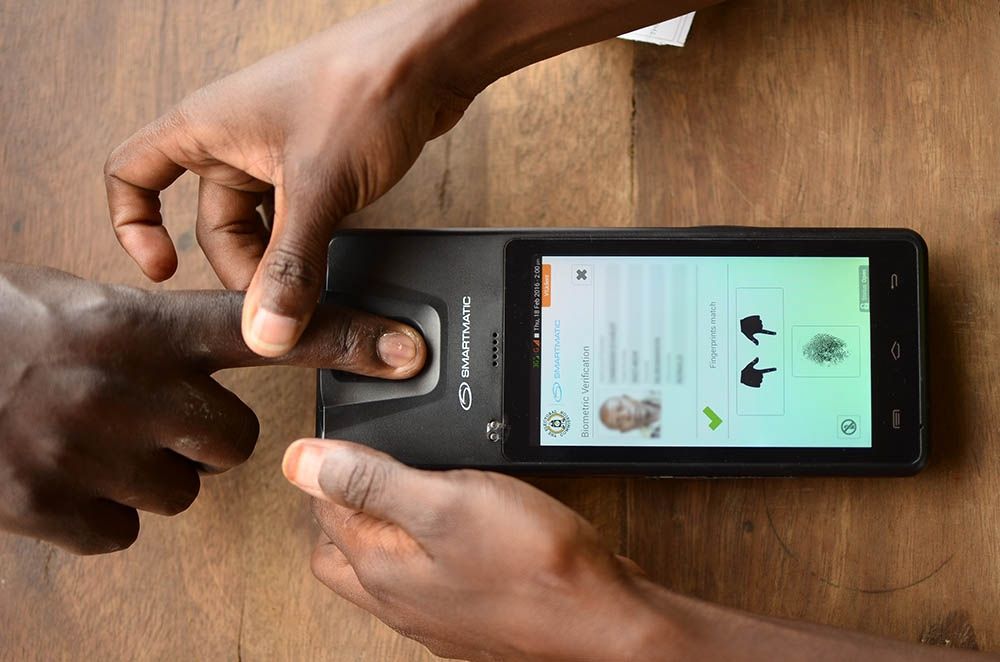Legalizing digital technology in Uganda’s electoral process, but are privacy rights and freedoms protected?

Legalizing digital technology in Uganda’s electoral process, but are privacy rights and freedoms protected?
By UW Team
Electoral processes the world over are increasingly relying on the use of digital technology right from voter registration and verification, campaigning, voting to the transmission of election results. All these processes and technologies intensively involve the collection, storage, and analysis of large amounts of personal information, using either vague or insufficient legislation.
Early this year, Uganda made attempts to amend its national law governing the functioning of the electoral management body – the Electoral Commission – by introducing the use of technology ahead of the country’s 2021 general elections. The Electoral Commission Act, 2020 Cap 140 was amended in March 2020, to among other matters, establish the Electoral Reform Committee and to provide for the use of technology in the management of elections, “the commission may in the exercise of its powers adopt technology in the management of elections,” provides Section 12 of the amended Act.
Whilst the framework legalizing the use of digital technology in elections was passed in 2020, a Biometric system had been employed for the first time way back during the 2016 general elections. The Biometric Voter Verification Kit (BVVK) integrating fingerprint, camera, barcode technology, and online GSM connectivity was deployed. This illegal use of technology undermined the faith of the democratic process resulting in a presidential election petition at the supreme court – Amama Mbabazi Vs Y.K. Museveni, Electoral Commission, and others.
However, the supreme court dismissed the petition but made recommendations for electoral reforms including the enactment of a law to regulate the use of technology in the conduct and management of elections, emphasizing that it should be introduced well within time to train the officials and to sensitize voters and other stakeholders.
The electoral management body has since introduced the technology in the electoral cycle, including the national voters register, voter verification, political campaigning and electronic transfer of results. The use of digital technology in the electoral context has been amplified by the outbreak of the COVID-19 pandemic, as the electoral body announced digital political campaigning to contain the spread of the virus.
Government, Political parties embrace Technology;
As the voting day draws closer, government and different political actors are embracing technological tools to provide voter education, monitor and tally election results.
On January 1, 2021, the Ministry of Information, Communication, Technology, and National Guidance launched a voter information mobile and web application named ‘Uchaguzi’ aimed at providing access to information on electoral and voter education.
On January 2, 2021, the National Unity Platform (NUP) Presidential Candidate Robert Kyagulanyi aka Bobi Wine revealed that his party had developed a mobile application named ‘UVote’ to monitor election results countrywide. Other political parties like Forum for Democratic Change (FDC) have also indicated plans to set up a technology-facilitated tally center.
Fundamental freedoms at stake
Privacy and protection of personal data are fundamental rights under Article 27 of the 1995 Constitution of the Republic of Uganda. The indispensability of personal information to the digital information ecosystem puts these two rights under obvious pressure.
In addition, Article 61 of the same constitution, mandates the electoral body (Electoral Commission) to conduct free and fair regular elections. Fairness, freedom, and transparency are recognized as key principles of democratic elections.
However, these principles and rights may easily be challenged by online manipulation.
Whereas Uganda’s electoral law framework recently legalized the use of technology in the election cycle, the law neither makes any provision for its sections to be interpreted in line with Uganda’s constitution nor with the Data Protection and Privacy Act, 2019, and ultimately fails to provide parameters for use of technology including effective safeguards for the rights and interests of individuals in the digital society. The subsequent declaration of digital political campaigning published by the Electoral Commission, far from clarifying the position, neither provides guidelines nor a binding code of practice to political actors to bolster transparency. Overall, these measures fail to prevent the erosion of trust in the electoral process.
It is particularly important to note that unauthorized processing of personal data infringes the right to privacy. Citizens thus have a right to know what personal data is being collected about them and how it is being used at every stage of the electoral cycle.
In 2019, Uganda enacted its data protection law, which is fundamental to enforcing the right to privacy. Although the electoral law was passed after the data protection law, the electoral law does not include any provisions bringing data protection standards over to the electoral sphere. This in turn means that there is little clarity as to how these regulatory systems overlap, if at all; and ultimately that the electoral authority is not bound by statute to consider data protection law in the exercise of its functions.
Besides, the data protection legislation lacks a sufficient institutional enforcement mechanism – continuing to give raise to the unregulated collection, processing, and use of personal data.
In countries with instituted independent data protection authorities, these authorities have developed rules or guidelines on data processing for political purposes. The guidelines have a potential of providing additional authoritative interpretation of data protection and privacy law provisions.
As Uganda continues to use digital technologies in the electoral process, we recommend the following;
1. The Electoral Commission should evoke Section 51 of the Electoral Commission (Amendment) Act, 2020, to formulate regulations clearly providing for the accountable use of technology in order to minimize its negative impact on civic engagement as well as barriers to public involvement in democratic processes.
2. The Electoral Commission in Uganda should be transparent and enable public scrutiny during procurement and use of digital technologies throughout the electoral cycle.
3. The electoral body should commit to respecting and rigorously enforce data protection rules on data minimization, lawful processing, consent, transparency, purpose limitation, and data security.
4. All political parties and independent election observers should apply a human rights-based approach to the use of technology during the electoral cycle.




